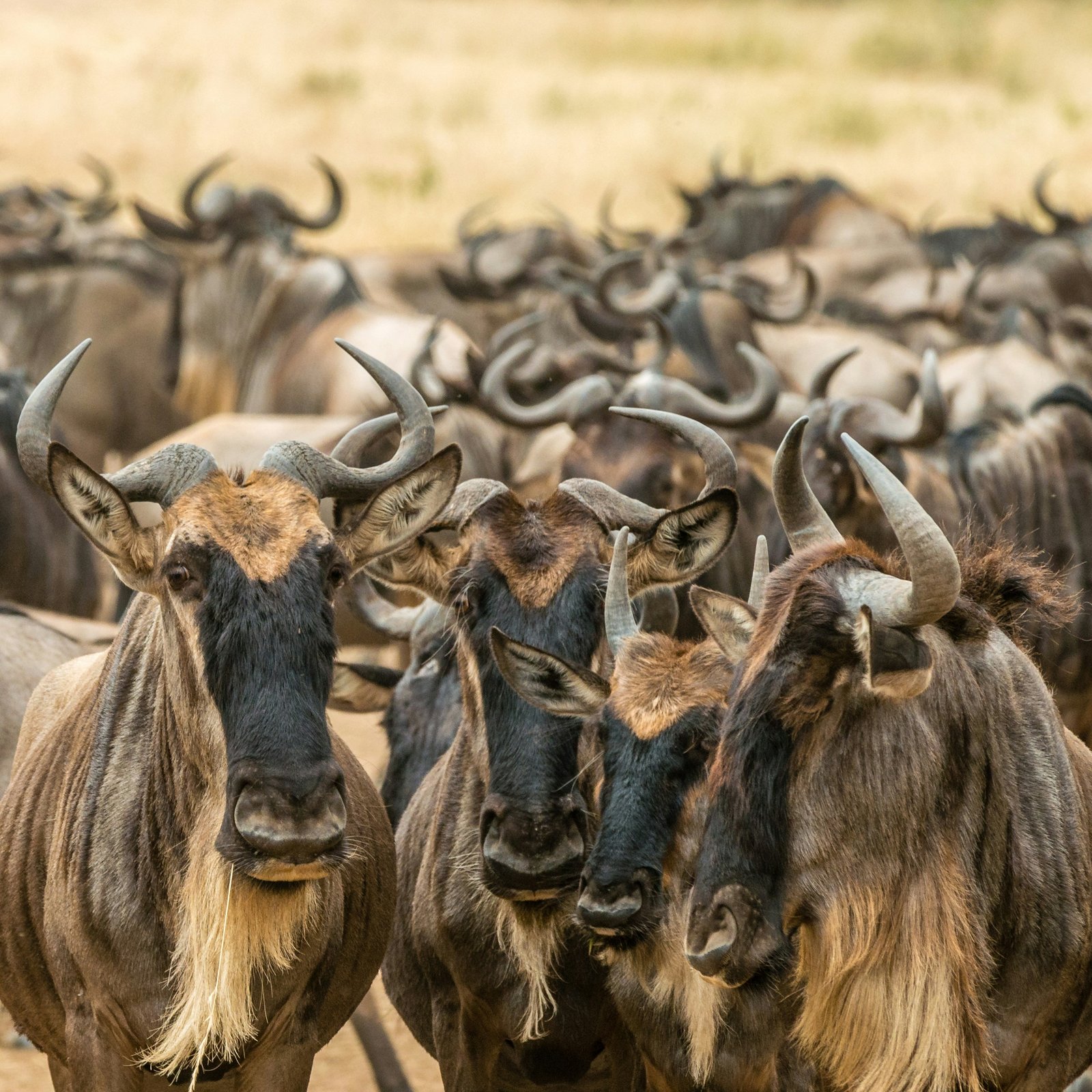

Introduction to the Wildebeest
The wildebeest, also known as the gnu, is an iconic herbivore found mainly in the grasslands and savannas of Africa. These remarkable animals are famous for their annual migration, which involves thousands of individuals moving in search of greener pastures. This guide aims to provide a detailed, step-by-step tutorial about the wildebeest, highlighting their behavior, habitat, and ecological significance.
Step 1: Understanding Their Habitat
Wildebeests thrive in landscapes rich in grass, particularly in areas where seasonal rainfall encourages rapid plant growth. They are mainly found in regions of the Serengeti National Park in Tanzania and Kenya. By understanding their habitat preferences, you can appreciate why these animals migrate to find food and water during dry seasons.
Step 2: Observing Their Behavior
Wildebeests are social animals that often travel in herds, showcasing complex social structures. Observing their behavior reveals fascinating patterns, particularly during migration. Herds can range from a few dozen to thousands of individuals, and they exhibit synchronized movements that serve to enhance their survival against predators.
Step 3: Recognizing Their Role in the Ecosystem
The ecological role of the wildebeest is vital to their environment. As grazers, they help to maintain grasslands by controlling vegetation growth, making them an essential species within their ecosystem. Their migration also enables nutrient cycling, as they contribute to the proliferation of grasses through their droppings, promoting a healthy environment for other species.
Conclusion
Through this step-by-step tutorial, we have explored various aspects of the wildebeest, from their habitat and behavior to their ecological significance. Understanding these magnificent creatures not only enriches our knowledge of African wildlife but also highlights the importance of conserving their natural habitats.
RELATED POSTS
View all
